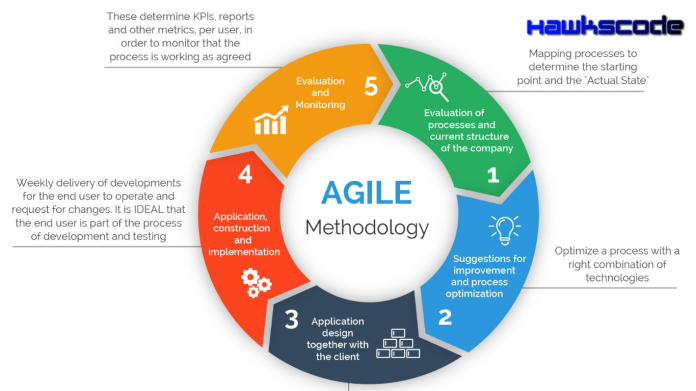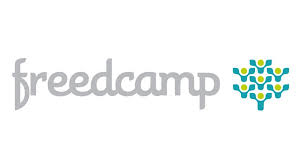What is Agile project management?
Agile project management is an iterative approach to delivering a project throughout its life cycle.
Iterative or agile life cycles are composed of several iterations or incremental steps towards the completion of a project. Iterative approaches are frequently used in software development projects to promote velocity and adaptability since the benefit of iteration is that you can adjust as you go along rather than following a linear path. One of the aims of an agile or iterative approach is to release benefits throughout the process rather than only at the end. At the core, agile projects should exhibit central values and behaviours of trust, flexibility, empowerment and collaboration.

Important Announcement – EasyShiksha has now started Online Internship Program “Ab India Sikhega Ghar Se”

Agile Methodologies Overview
The core of the Agile methodology was developed by 17 people in 2001 in written form. Their Agile Manifesto of Software Development put forth a groundbreaking mindset on delivering value and collaborating with customers. Agile’s four main values are expressed as:
- Individuals and interactions over processes and tools
- Working software over comprehensive documentation
- Customer collaboration over contract negotiation
- Responding to change over following a plan
Agile Methodologies Frameworks
Today, the word Agile can refer to these values as well as the frameworks for implementing them, including: Scrum, Kanban, Extreme Programming (XP), and Adaptive Project Framework (APF). So what is Agile methodology in project management? Simply put, it is a process for managing a project characterized by constant iteration and collaboration in order to more fully answer a customer’s needs.
Top Software Engineering Courses
Agile project management and Scrum
Scrum is a powerful framework for implementing agile processes in software development and other projects. This highly adopted framework utilizes short iterations of work, called sprints, and daily meetings, called scrums, to tackle discrete portions of a project in succession until the project as a whole is complete. There are three key roles within Scrum: the Scrum master, product owner, and Scrum team members:
Empower your team. Lead the industry
Get a subscription to a library of online courses and digital learning tools for your organization with EasyShiksha
Request Now- The product owner creates and prioritizes a product backlog (work to be done).
- Teams select items from the backlog and determine how to complete the work.
- Work must be completed within a sprint (usually two to four weeks).
- The Scrum master meets with teams briefly each day to get progress updates.
- Sprint reviews are conducted at the end of each sprint.
- The process starts again until all work or backlog is complete.
There are many other tools like JIRE, Kanban, Lean (LN), Crystal you can also learn about DevOps. To learn more visit HawksCode and Easyshiksha.
ALSO READ: drones-use-radio-waves-to-recharge-sensors-while-in-flight
Get Course: quickbooks-for-freelancers-and-self-employed








































































